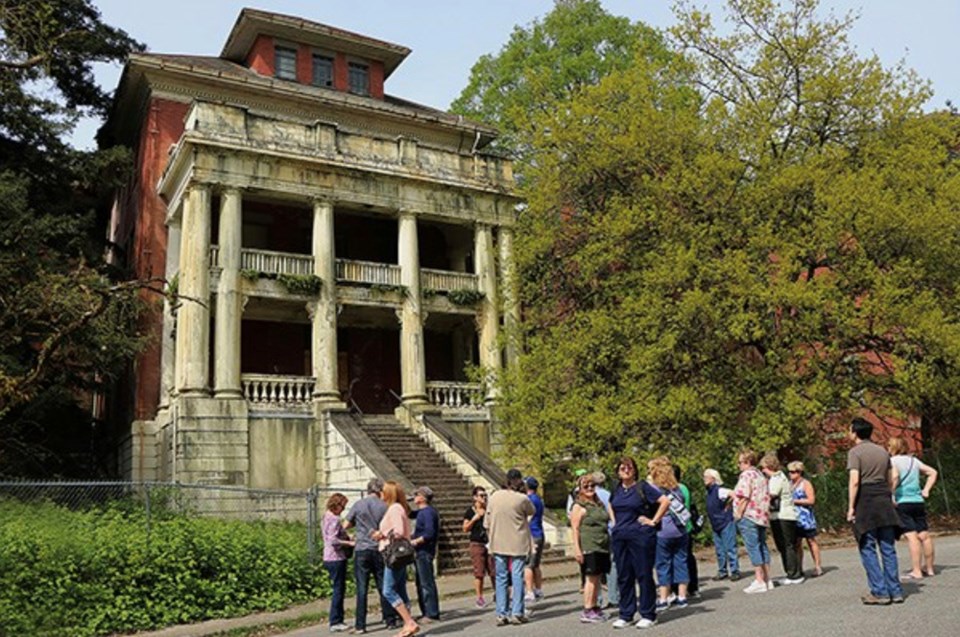The Editor:
So many people are talking about mental health needs these days it has become almost fashionable. Those who abide by COVID-19 protocols may suffer from isolation and anxiety, if not depression, while anti-maskers might be considered by the rest of us as truly crazy, if not stupid. Now more than ever we should revisit the idea of establishing a new mental health hospital at the Riverview site. As someone who has worked with schizophrenics locally, I am convinced that closing Riverview was a mistake.
Deinstitutionalization was a global phenomenon gone too far, guided by ideology, cost-cutting, advances in medication, and in B.C.’s case, it has led to a hospital vacated. Those who advocated for downsizing, if not closure, included Bob Hunter, co-founder of Greenpeace, and former Premier Dave Barrett, a Coquitlam MLA who had degrees in social work. Other principal actors were: former Premier Bill Vander Zalm, who introduced the first plan to replace it in 1987; and, Gordon Campbell who continued with the logic of Glen Clark’s policy of decentralization despite the former having learned — in adulthood — of his physician father’s death by suicide. In the end, Riverview shut its doors a little more than a year after Christy Clark came into office.
Patient self-determination was considered key; after all, the late 1960’s and early 1970’s were a time of “liberation”. The Vancouver experience with the Mental Patients’ Association (better known as the MPA), a first in Canada, was spearheaded in 1971 by Lanny Beckman and the late Dave Beamish. Their approach shaped the B.C. branch of the Canadian Mental Health Association, which argued in 2013, the year after Riverview closed, that: “Our Government has made the right decision.” The Riverview model, wrote the CMHA in the Vancouver Sun, lacked “compassionate care.”
Looking at the B.C. Legislature Hansard for Dec. 1, 1987, we even find agreement between the Socreds and the CMHA: both parties wanted the downsizing of Riverview to continue. This is despite the objections of John Cashore, Coquitlam NDP MLA (and a Pastor), to the Minister of Health Peter Dueck: “The minister knows full well that there have been comments from street workers, community workers and health workers about the number of ex-mental patients who have fallen between the cracks and ended up on the streets of Vancouver and other locations.”
This abysmal and longstanding failure to deal with the here and now of those in despair reflects poorly on all people of British Columbia. Let’s begin with a new reimagining of Riverview. Now is the time to abandon rhetoric and search for solutions: clearly COVID-19 teaches us that mental illness can be everywhere and affect everyone.
Joerge Dyrkton, Anmore



